This was something I meant to write about for a while—I had my eye on it earlier this summer when the Assassin’s Creed: Unity controversy was shaking the industry. But other things came around first, and I’m ultimately kind of glad it did because the original article would have been unfairly optimistic. But since then, we’ve had the Kotaku controversy with Zoe Quinn, Anita Sarkeesian released another video and got threatened so harshly she had to go to the police and stay with a friend.
It’s enough to give a guy a headache, that’s for sure. Especially because I sort of HAVE to write on the subject (this is a column for talking about the future of gaming, and feminist issues are in that future) which is a fast-track to losing my readers. Because there’s no winning when you take a stance on these issues: the people who you ‘support’ think it’s just common sense and give you no special kudos for taking a stand, and the people you are ‘against’ find you so unforgivably blasphemous they shun you forever. And yes, that’s an unfairly broad interpretation of people’s reactions, but it’s also the only kind I’ll ever experience: the moderate rarely speaks, whereas the extremist will take every chance they get to sprout their dogma.
For what it’s worth, I feel the need to disclaim the rest of this article: yes, I am left of center. I do not believe feminism is radical or dangerous, I don’t think Anita Sarkeesian deserves to be raped or killed because she expresses dissatisfaction with elements of the gaming medium, I don’t think Zoe Quinn is a slut for sleeping with a Kotaku writer, and I do think that there are
some problems with how women are represented and catered for in the games industry. We are getting better, but we’ve still got a long way to go.
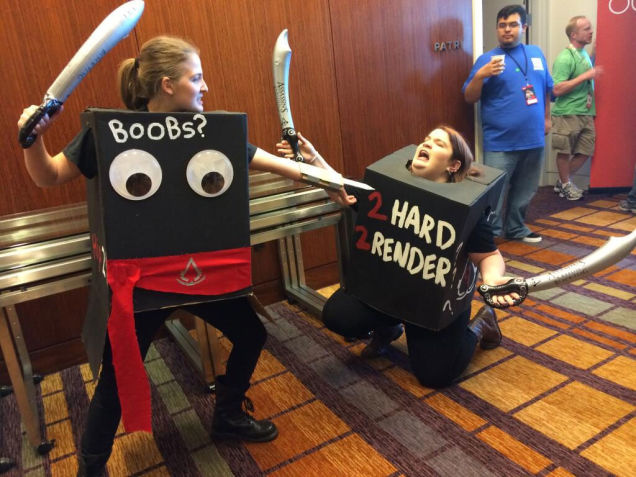
That opinion will pepper the rest of my article, so if you find it indigestible then I invite you to read something else. But before you go, hypothetical anti-feminist, take heed: from my perspective, you are on the losing side. And I don’t just say that out of some blind optimism or subjective analysis of our industry, I say that as a student of history.
Let me elaborate with a single word: slavery.
Yes, I know, the very utterance of that word is enough to prompt a flame war, but bear with me for a moment. If we were to magically enter the mindset of a 19
th century gentleman, be we north or south, we wound find ourselves in a very similarly justifiable situation. What most people don’t realize was that for the majority of America’s history, Slavery was seen as a necessary evil, even in the south. At first, the general public disliked it, and found it was a stain on the American nation. In fact, Georgia was the last state in the nation to legalize slavery, way back in the colonial days. It was considered too important for the economy to give up, but nobody was especially happy about it.
So what changed? When abolitionists—in the north, mostly—started seriously talking about how cruel of an institution it was, and how slavery needed to be stopped, THEN the southern states started to feel all gung-ho about their rights to keep slaves. That’s when the fighting and debates and wars broke out: when the south was feeling ATTACKED.
Notice any parallels? Even if you know something is wrong with the status quo, if you are comfortable with it, you will defend it to the death rather than risk changing it. Which is what I would sincerely like to believe is the case for the majority of these vocal anti-feminists—people who might know in their gut something is bad, but would rather it stay as-is than risk getting something ‘worse’. That doesn’t excuse threatening to kill a woman for releasing a youtube video critiquing gaming, but it would at least explain it.
It would be inappropriate to draw any more parallels to the feminist movement in gaming to the civil war, as I can’t rightly say the south was ‘destined’ to lose the conflict—there are a dozen of tiny things that could have gone differently that would have resulted in a Southern victory—but I can say with some safe level of certainty that slavery as an institution was always destined to go extinct. As backwards as Southern thinking was, I don’t really think slavery could have consisted for another 150+ years without some kind of internal resistance. Because if you look at the great swath of history at the general trends, liberal ideas tend to ‘triumph’ over conservative ideas.
Granted, that’s not always the case (homosexuality being a key example—remember how kinky the Romans could be?) but just looking at it broadly, we have woman’s suffrage, the end of slavery and colonialism worldwide, great strides in improving race relations (in so far that all races are equal in theory under the law), the end of prohibition and the rise of the secular state… I mean, can I show you all something?
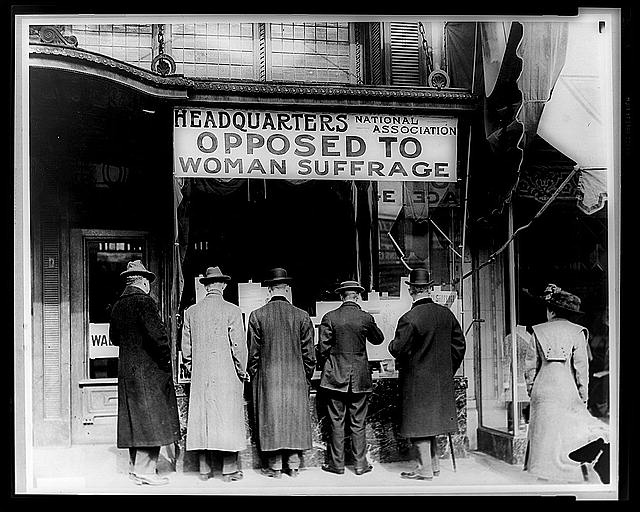
That’s a picture of men preparing to protest the woman suffrage movement in 1911. It’s also the only real picture you can easily find online, because nobody took the time to document the struggles of the noble men who fought against women’s rights to vote. And if you think about it, these guys are just like the men who currently fight against feminism in gaming. You can disagree with feminists—nobody is taking that right away from you—but when you think the institution itself should vanish, you’re trying to silence a group the same way these men were: instead of trying to keep them from voting, you’re just trying to keep them from speaking.
Back on point: generally speaking, history leans to the left. And when it comes to feminism, I don’t see games breaking that trend—both because I think the silent majority of ambivalent gamers will support any good game no matter how entrenched it is in “radical feminism”, but also because if we’re talking business, what do you suppose sounds better as a headline?
“Triple-A Game Lauded as a Benchmark for Representation of Woman in Games”
or
“Triple-A Game Criticized for Stereotypical Gender Representation, called ‘Sexist’”.
Face it: Feminists are still the underdogs, at least in a world where woman earn 77 cents to the man’s dollar. It will always be better press for a game to say they struck a blow against gender norms than it would for a game to say “we stayed the course and gave you ANOTHER muscule-bound white male protagonist!” Better press doesn’t always translate into a better game, or better sales (Case in point: Remember Me) but as long as there remains a marketable interest in female games and bridging the gender gap, companies are not going to stop trying.
So that’s where I stand when I say that the feminists are going to ‘win’ this particular fight. It makes sense from a business perspective to be more inclusive (by having more women interested in gaming) and it’s just how we tend to lean as a developing culture.

But here’s the catch, the twist ending where I make my 180 degree turn. It won’t be a total victory. It CAN’T be a total victory. The games industry—or any entertainment industry, for that matter—will never be completely compliant with ‘extremists’ like Anita. And we’re better off for it.
Here’s where we’ll be in 20 years, as far as I can see it: there will still be games that objectify woman. There will still be games with straight white dudes kickin’ ass, there will still be damsels in distress, there will still be the over-sexualization of woman in some games. What will change is that there will be a more diverse and interesting pool of OTHER games to contrast THOSE games with. Mainstream games that hyper-sexualize men for a female audience, for example, or games where everything is respectable and everyone is treated equally and varied.
I’m not saying it’ll be the end of hyper-masculine gaming, I’m just saying there’ll be more variety, more games that buck the current norm.
And I know that pisses off some feminists. I’ve watched Anita’s videos and read the articles on Feminist Frequency, and there are those who think certain tropes need to go away forever—that woman should never be objectified or over-sexualized or degraded for the sake of a male fantasy. I go as far as to say those tropes are over-prevalent and some of the more blatant abuses should be toned down, but I would never say they should go away forever. Some of the greatest pieces of art in our history–from Chaucer and Shakespeare to Rowling and Martin—use tropes that Anita has critiqued. Losing those tropes would limit the number of stories we could tell, and would ultimately be censoring the human spirit’s aptitude for creativity.
Do we need to be as explicit and offensive as Rapelay? No. Do we need to threaten the lives of people who do critique these tropes? God no. The thing about tropes is that they’re optional. If somebody doesn’t like the tropes you enjoy and opts into consuming some other piece of media that does not utilize said trope, do not call them Satan. If somebody feels a trope degrades a piece of work and would be better without it, allow them to express their opinion—the only person making you care about what they think is you. I wish we lived in a world where I could then turn around and say ‘If you don’t like how this game is over-objectifying your gender, play something else’, but since there are so few games outside the hidden item genre that treat women with the kind of respect they deserve, I can’t do that in good conscience. But in the hypothetical future I predicted, where there are more choices for everyone—as many games for the extreme feminist as there are for the self-entitled men—then you can both go ahead and silently hate each other in your own gender-exclusive clubhouse, because then at least things will be fair for both parties. My interest in the debate will officially be at an end.
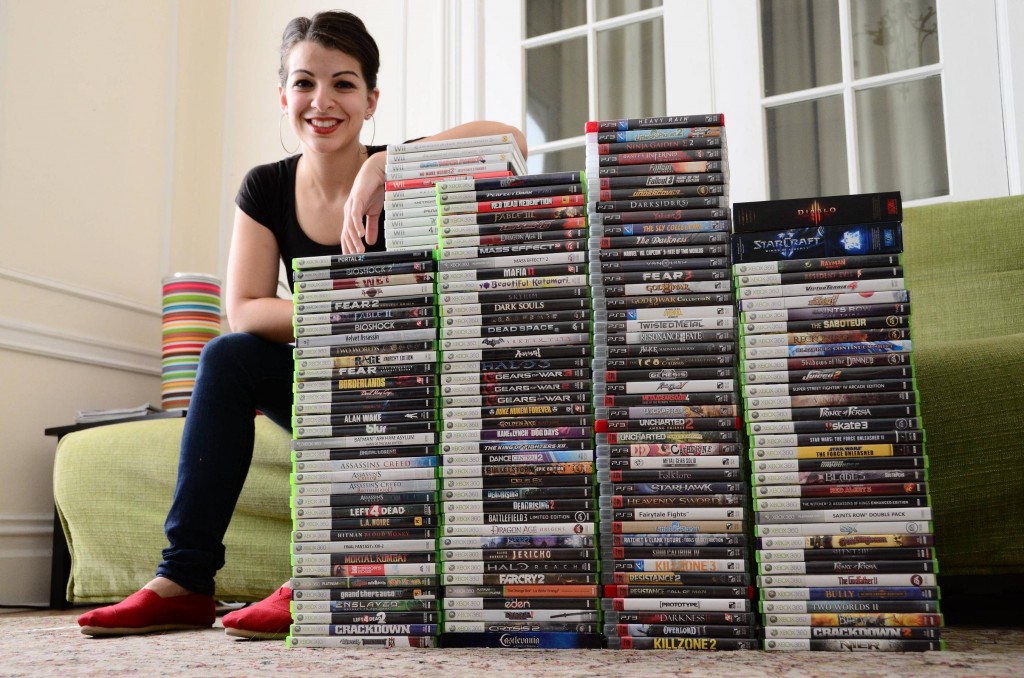
But when talking about these kind of changes, there’s something we have to remember: to quote former GameSpot critic Carolyn Petit, “Games are not politically neutral… Our culture is not politically neutral, either.” Bluntly, making a game appeal to feminist and have “reasonable” female characters will continue to be “novelty” and “niche” until there’s a broader, culture-wide movement that improves how we perceive the term “feminist” and better understands its ambitions. And the thing about anything that’s considered “novel” is that it very rarely evolves beyond a flavor of the month.
Feminism as a movement seeks to make men and women equal in all things non-biological. That’s it. And just as there are some men who abuse the term, I know there are plenty of women who do the exact same thing, and those women are giving it a bad reputation. And if you think about it, the objective of Feminism is tricky in itself, because defining what “equal” means is extremely difficult, and both sides can accuse the other of demanding too much or giving too little and there can be no impartial judge because nobody has truly experienced both sides fully.
Games can’t offer 100% of the choice that gamers of all sexes and genders deserve until feminism either becomes a more accepted mainstream movement or it re-brands itself to separate itself from its own radical pedigree, no matter how intentional that pedigree was. Because ultimately, ‘feminism’ should not be a genre—there shouldn’t just be one separate branch of ‘feminist’ games in our culture, the same way we separate RPG’s and FPS’s and RTS’s. Nobody should be able to say “I’m good at fighting and feminism games”. Rather, the broad ideals of feminism should be embraced and internalized in the making of games, so we can see ‘feminist-friendly’ titles in every corner of gaming—without being advertised or marketed or even labeled as ‘feminist-friendly’. That would defeat the purpose and merely raise more ire.
I’m naturally optimistic. It’s just how I was raised, how I see the world. I genuinely do believe that we’ll get there, and we’ll get there soon. There are signs of the industry improving, there really are, and sooner rather than later I think the voices of the haters will be drowned out by the support of a newly-empowered group of more accepting individuals. As the number of gamers increase, the diversity of our community will increase, and the people claiming video games are a boys club will have a smaller and smaller platform to stand on. So I really do think we’ll have enough diversity in the future to cater to all audiences, and invalidate the arguments that feminism is trying to destroy gaming.
But we still have to fight for it.







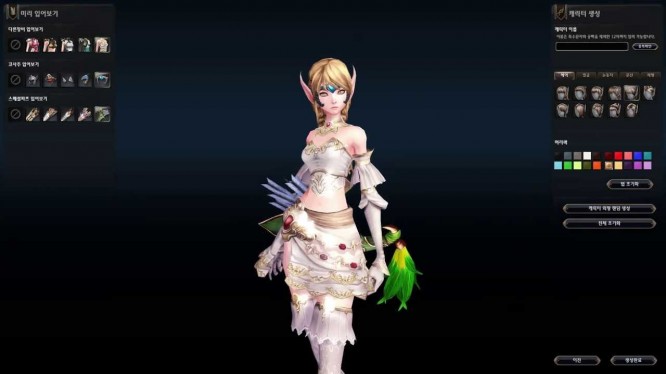
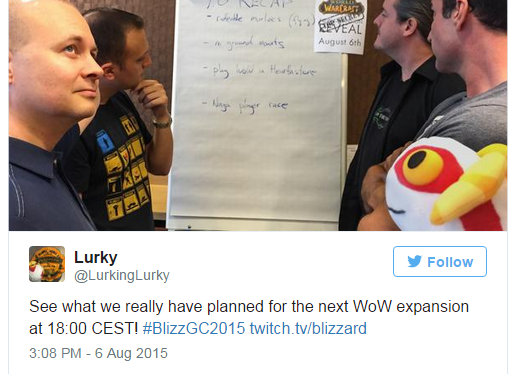
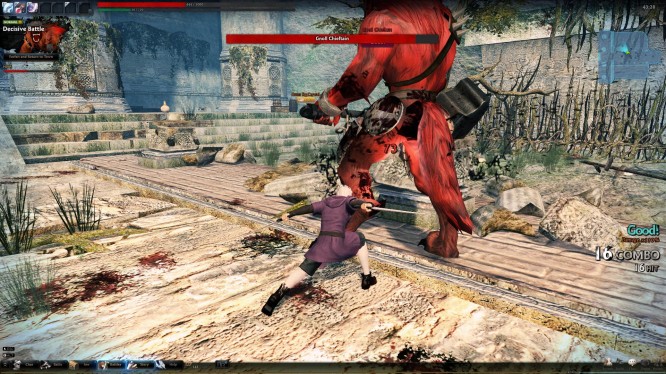
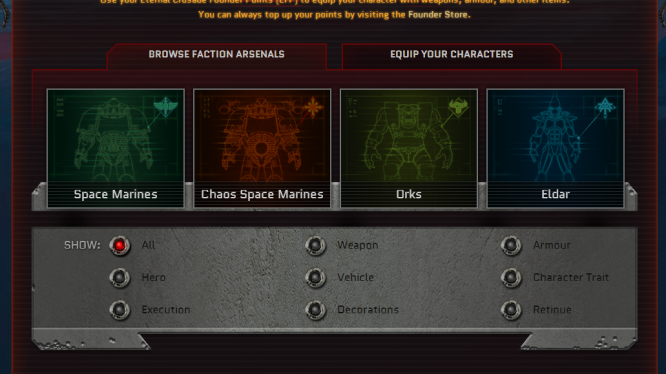 Adeptus Auctores: Eternal Crusade Founders Program .
Adeptus Auctores: Eternal Crusade Founders Program .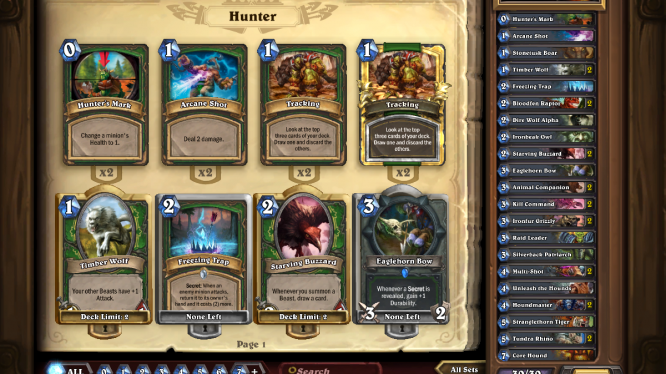 Heroes of Hearthstone: Beginner decks for Newbies! .
Heroes of Hearthstone: Beginner decks for Newbies! . Assault Frigates Revisited: Down But Not Out .
Assault Frigates Revisited: Down But Not Out . Ready Action: Feminism in the Future of Gaming .
Ready Action: Feminism in the Future of Gaming .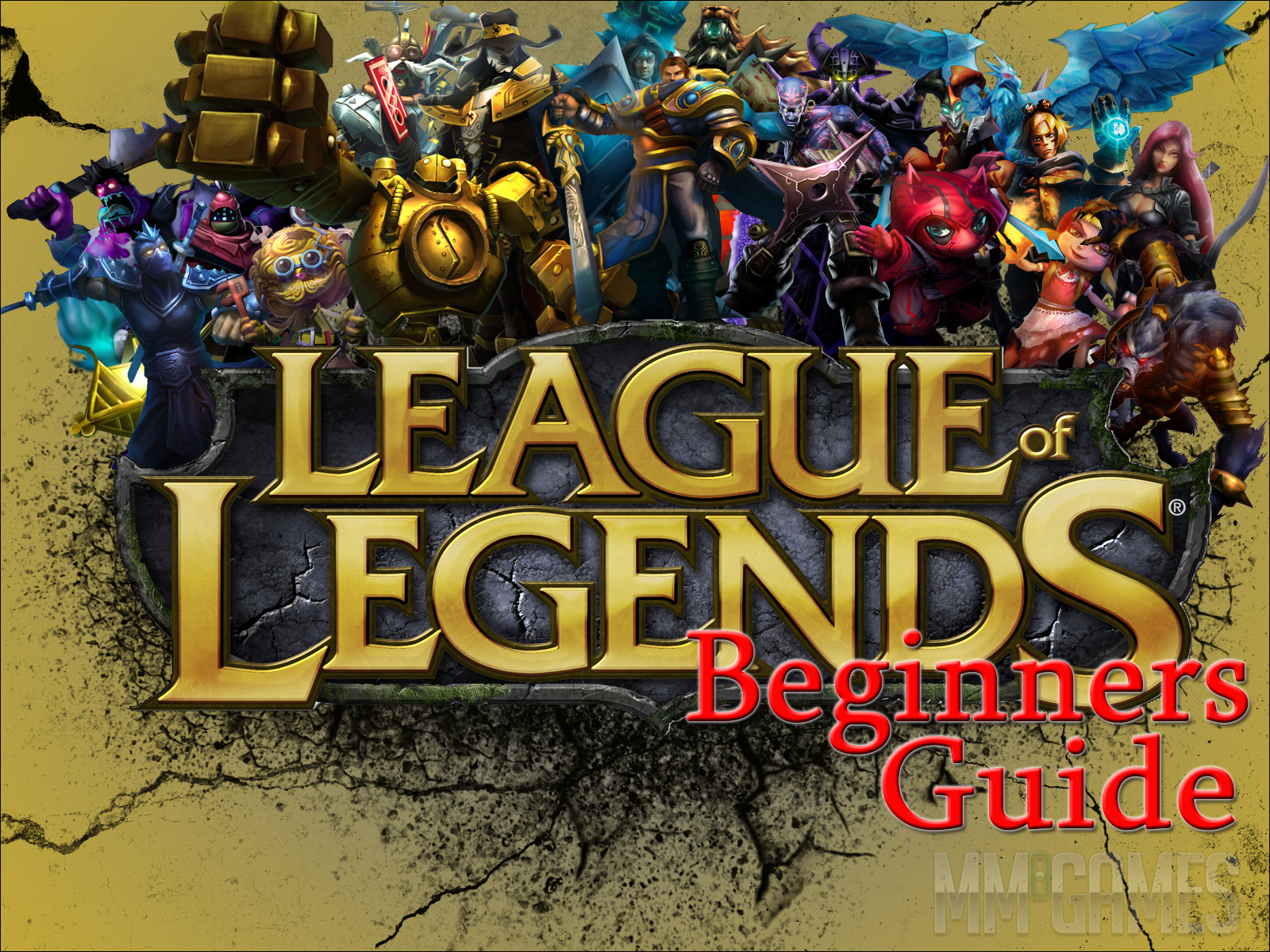 League of Legends Beginner's Guide .
League of Legends Beginner's Guide .